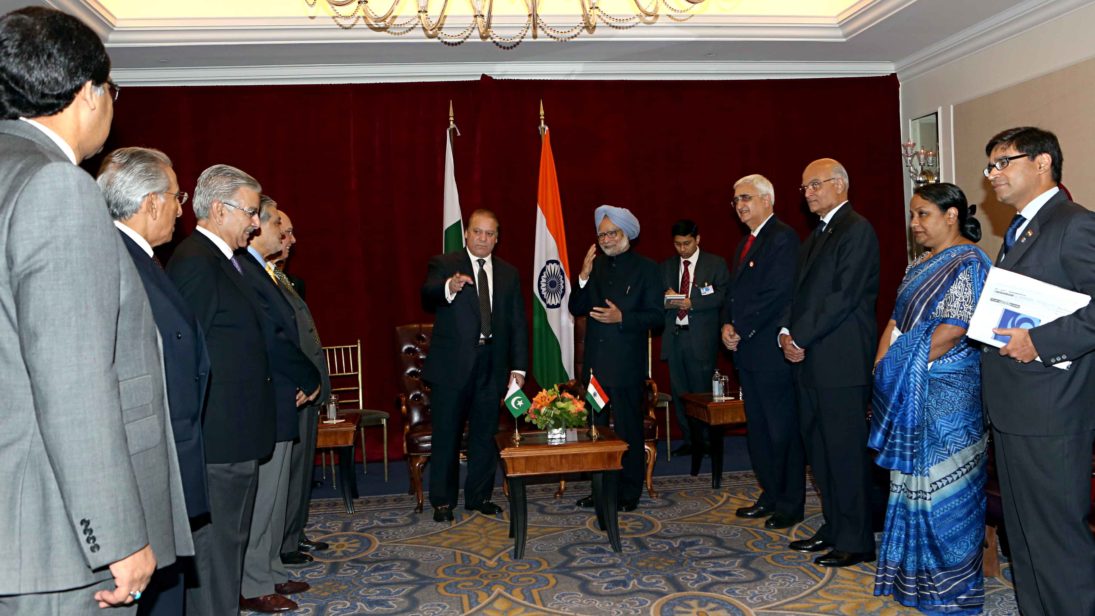
In his introduction to Inside Nuclear South Asia, Scott D. Sagan discusses and critiques what he terms “excessively narrow realist views of nuclear proliferation,” saying:
“Realists in political science argue that states will acquire nuclear weapons only if such an arsenal is absolutely necessary to counter an international threat to vital security interests. They also maintain that mutual possession of nuclear weapons by two rival states is likely to produce stable nuclear deterrence…. neither of these predictions has been accurate inside nuclear South Asia… an understanding of domestic actors and their interests is necessary to understand both the causes and consequences of nuclear proliferation….
“This volume also explains the important puzzle about why the advent of nuclear capabilities between the two South Asian rivals has not led to a stable nuclear peace…. domestic political incentives, common military biases and organizational pathologies, and state-supported terrorist incidents have produced a series of military crises and one war between India and Pakistan despite (and in some cases because of) their acquisition of nuclear weapons. Some of these events reflect the intent of lower-level government officials or military officers; others are better described as inadvertent outcomes of internal politics and poor civil-military decision making.”
What’s your take?
***